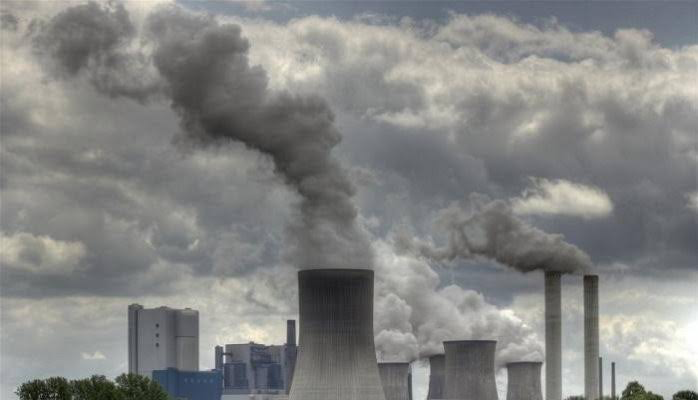European nations are facing a difficult choice this winter as they grapple with skyrocketing natural gas prices. To keep the lights on and homes heated, a switch back to the more polluting coal-fired power generation is being considered, despite ongoing efforts to transition away from fossil fuels.
The Gas Price Dilemma
Wholesale gas prices across Europe have seen a dramatic rise in recent months, nearly 40% higher since February 2024. This significant increase makes gas-fired power generation a less attractive option for utilities. In contrast, coal, although a dirtier fuel source, remains a cheaper alternative. However, this cost benefit comes with a significant environmental drawback. Coal plants emit more than double the amount of carbon dioxide per unit of energy produced compared to gas.
While coal itself is a cheaper fuel source, the equation isn’t so simple for coal-fired power plants. These plants factor in the cost of carbon permits required to offset their emissions under the EU Emissions Trading System (EU ETS). The price of these permits has fallen considerably from record highs in 2023, currently sitting around 68 euros per metric ton. Analysts predict that for high-efficiency coal plants to become a more economical option than 50% efficient gas plants, carbon permit prices would need to stay below 80 euros per metric ton in the first quarter of 2025.
Market Conditions Favor Coal
Several factors are contributing to the current market situation. Coal prices have dipped this year due to weak demand in Asia, a cautious market sentiment, and ample stockpiles. Conversely, tight global supplies of Liquefied Natural Gas (LNG), ongoing maintenance works in key gas producers like Norway and the UK, and the potential for disruptions from Russia are all pushing gas prices upwards.
Germany, the continent’s largest energy consumer, remains heavily reliant on coal imports, particularly for power generation. While coal imports for power generation have decreased by nearly 40% compared to 2022, Germany still imports a significant amount of coal. This dependence makes them particularly vulnerable to the current gas price surge.
A large-scale shift back to coal this winter could significantly hinder Europe’s progress towards its clean energy goals. The bloc has pledged to become carbon neutral by 2050, and a resurgence of coal would directly contradict those efforts. However, the exact impact will depend on several factors. The severity of the winter will influence energy demand. The availability of alternative gas supplies, such as increased LNG imports from other sources, could also play a role. Finally, the price movements of both coal and carbon permits will be crucial in determining the economic viability of coal compared to gas.
European nations are facing a complex balancing act this winter. They must ensure sufficient and affordable energy supplies for their citizens while also staying committed to their long-term climate goals. The decision of whether to turn back to coal will depend on the interplay of market forces, weather patterns, and the political will to prioritize clean energy.
Source: Reuters



